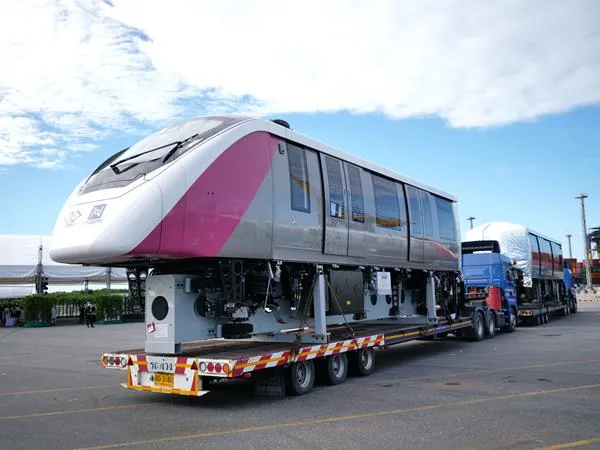Further testing weekends will commence in the coming months as the system is being progressively installed across more of the network with a capacity increase of up to 33% across all four lines, which makes up 40% of the underground. It will also mean that Night Tube services can be introduced on these lines in the future.
The system is designed with the intention of reducing the number of signalling problems and improve the accuracy of real-time customer information. Services will begin to increase in frequency from 2021 when more of the network is operating the new system, and all four lines will be using the system by 2023.
Testing took place between Hammersmith and Latimer Road and featured three newly-enabled S Stock Trains. It involved using a signalling system to manage the distance between trains. The new S Stock trains are currently having new equipment installed, with 30 already fitted by
The next testing weekend will start in December, with installation work continuing throughout the year.
New signalling technology for Circle and Hammersmith & City Lines 2018
Thales has tested a new signalling control system on sub-surface trains on the Circle and Hammersmith & City lines, which enable trains to run closer together. The test aims to provide a more frequent service, reduce waiting times and help boost capacity for the Circle, District, Hammersmith & City and Metropolitan lines. The system will go live on the first section of the network as early as 2018.
October 17, 2017
Read time: 2 mins
Related Content










